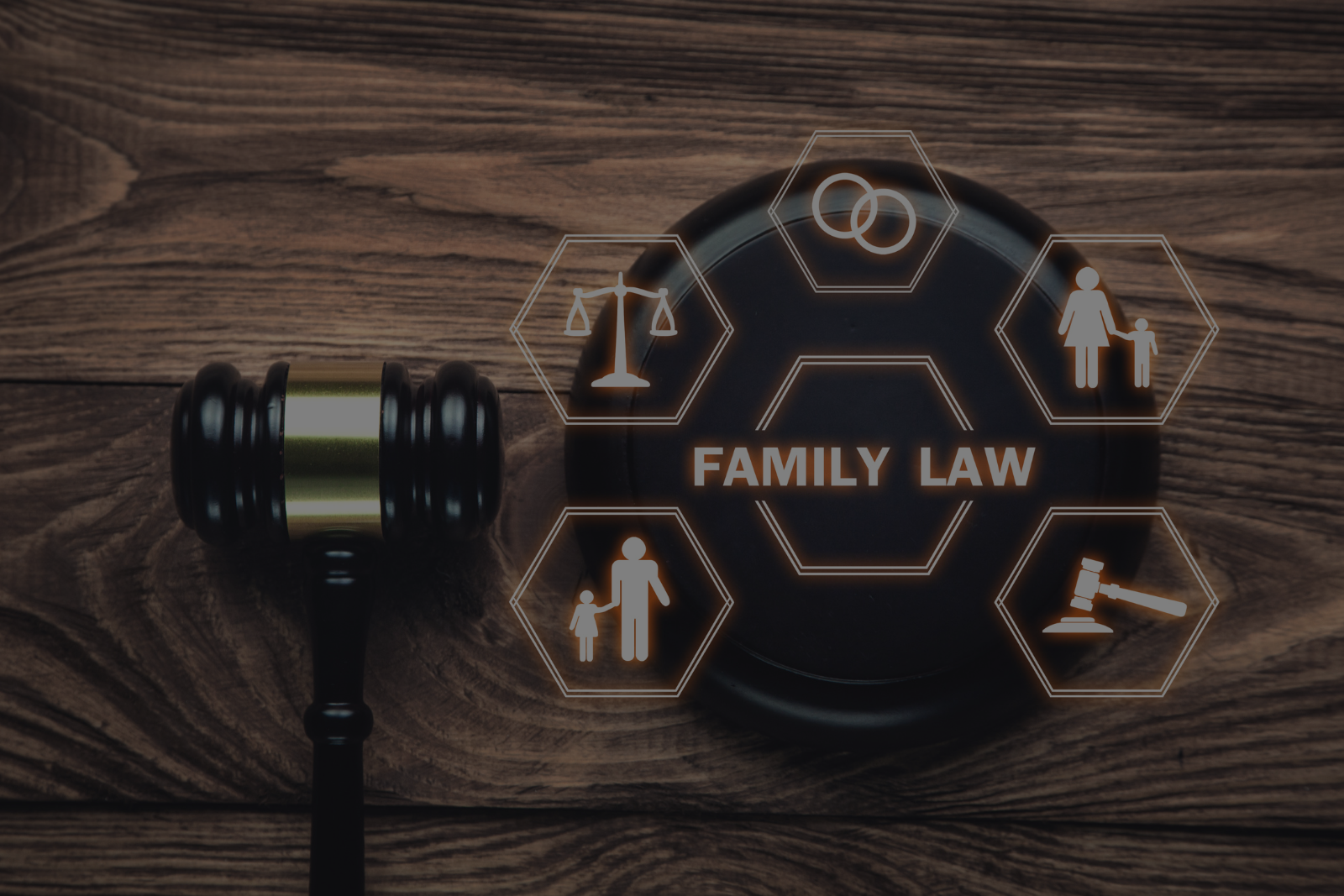What is the final pre-settlement inspection?
The final inspection of the property is your last chance to make sure that everything in the property that was listed in the contract is in good working condition and the property is in the same state as it was when contracts were exchanged.
If settlement is conditional upon certain events taking place (such as the vendor replacing or repairing an item in the property), the final inspection also gives you a chance to ensure that this has been done in accordance with the contract.
How do I arrange a pre-settlement inspection?
If a real estate agent is involved in the sale of the property, then you arrange the final inspection with the agent.
If no real estate agent is involved, then you arrange the final inspection directly with the vendor.
When should the final property inspection take place?
A final inspection of the property should take place in the week leading up to settlement. It is not recommended to conduct the final inspection on the day of settlement as it may not leave enough time to negotiate if any issues are raised.
If the property is to be made vacant on settlement, the final inspection should also take place after the vendor/tenant has moved out of the property completely.
What should you be looking out for during the pre-settlement inspection?
It is important that any concerns you may have are raised and addressed prior to the property settling. Once settlement has taken place, any repairs and/or maintenance to the property will become your responsibility as the new homeowner.
Take your contract of sale with you during the final inspection so that you can refer back to it to ensure that all the inclusions listed on the contract are there and in working order and that anything the vendor agreed to take away (the exclusions) prior to settlement has been removed. If any items excluded from the sale are not yet removed at the time of your final inspection, it is important to flag this with your property and conveyancing lawyer to ensure that it will be removed prior to settlement.
During the pre-settlement inspection, we recommend looking out for the following:
- The general state and condition of the place – is it neat and tidy as per when you purchased the property? Check to make sure all rubbish has been removed.
- Has anything been damaged since you last inspected the place that wasn’t damaged at the time contracts were exchanged?
- Have the previous owners removed all their belongings in accordance with the contract?
- Is there evidence of any holes in the wall and/or patch jobs that weren’t there prior to exchange of contracts or weren’t disclosed in the contract of sale? During the final inspection, you can remove any wall hangings or frames to make sure that there is nothing lurking behind them.
- Plumbing problems – check that all the plumbing is in working order and there are no drainage problems and/or damp areas in the house that would be a cause for concern.
- Lighting – do all the light switches work? Are there any wires hanging out where there shouldn’t be?
- Flooring and ceiling – look for cracks, holes, gaps, anything sagging or in need of repair that wasn’t flagged in the contract or brought to your attention previously.
- Pests – check to see if a pest inspection had been done prior, and if there has been any evidence of pest activity since you last saw the place.
- Curtains and blinds – if included with the property, are they still there and working properly?
- Are the smoke alarms in good working condition?
- If any are included, are all the appliances in working order?
What if you have concerns following the final inspection?
If you find that the property is in a worse state than when you last inspected it, or damage to the property has occurred since contracts were exchanged, you should raise your concerns immediately with your property and conveyancing lawyer, so that the vendor can be informed and the issues may be fixed prior to settlement. Take photos of the damage and note down the details and location of the damage for your property and conveyancing lawyer to refer back to during negotiations.
The way in which the repairs are managed and rectified will largely depend on the terms and conditions agreed to in the contract of sale regarding who is responsible for repairing the damage in question. If the vendor is unable to make the necessary repairs prior to settlement, your property and conveyancing lawyer can either negotiate a price reduction to cover the cost of the repairs, or request an extension to the settlement period to allow the vendor extra time to rectify the damage.
Contact your property and conveyancing lawyer
If you are looking to purchase a property or wish to have a contract of sale reviewed, get in touch with our experienced Sydney Property and Conveyancing Lawyers today for a no-obligation consultation. Call Ivy Law Group on 02 9262 4003 or submit an online enquiry.
The content of this article is intended as a general guide to the subject matter. For specific legal advice about your individual circumstances, please contact our experienced lawyers.
Angela is an experienced property lawyer, focusing specifically on residential and commercial conveyancing, leasing and off-the-plan developments.
She has worked with a variety of different clients throughout her career, giving her greater insight into understanding the different drivers people have when it comes to property matters, so that she can achieve the best possible outcome for them.





